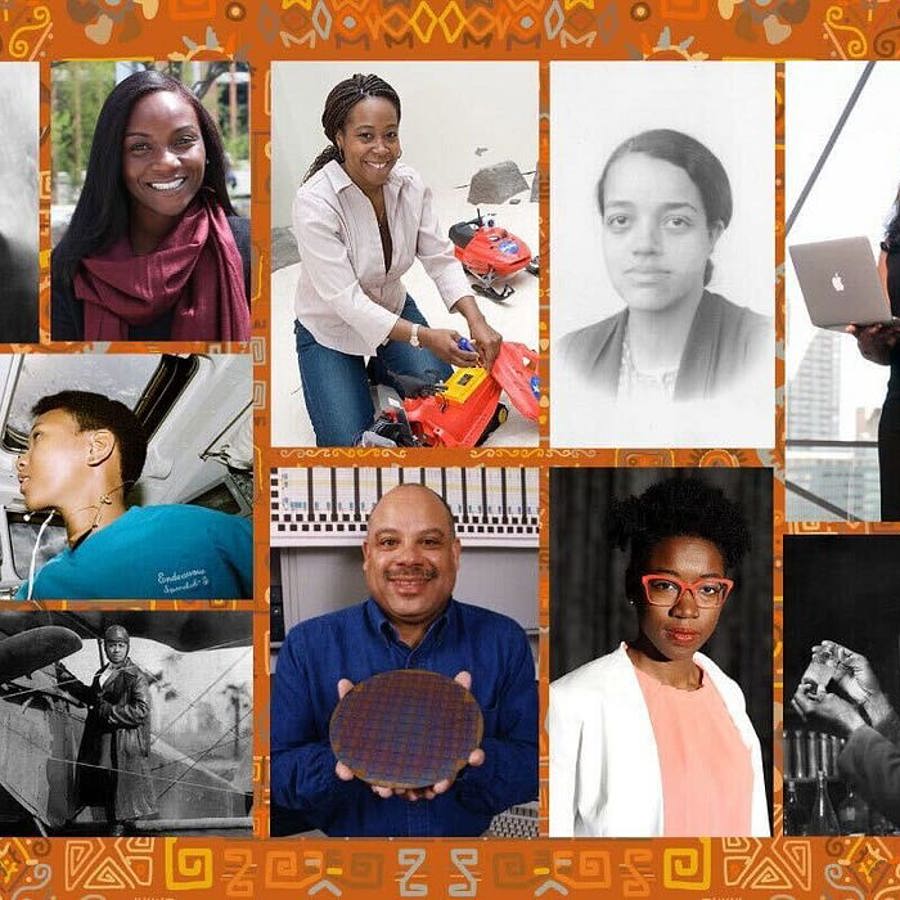
Ten Black Innovators We’re Celebrating this Black History Month
January 30, 2024

- Related Topics:
- STEM,
- Black History Month,
- Historical Figures
These scientists and innovators have made the world a smarter, safer, and more inclusive place. Learn how and then try these free activities and lessons to inspire the next generation of problem-solvers.
1. Dr. Kizzmekia Corbett, Viral Immunologist who led team that developed the COVID-19 Vaccine

Dr. Kizzmekia Corbett, courtesy NIH. Follow her on Twitter @KizzyPhD
Dr. Corbett helped save millions of lives during the COVID-19 pandemic by leading the team who developed the Moderna vaccine. She’s an Assistant Professor of Immunology and Infectious Diseases at Harvard T.H. Chan School of Public Health. USA Today honored her as one of their 2022 Women of the Year. Corbett also plays an important role in helping communicate the science of vaccines and making sure people know how they work.
“Representation is so important … Because I was exposed to a Black scientist, in my first laboratory experience, I’m pretty sure that really set the tone of ‘OK, you can do this. You can do this.’ There has to be some reminder, especially because embarking on any career path is certainly not always easy. And so you have to be reminded that you belong there,” Corbett told USA Today.
Want to learn more about her field? Take our Vaccine Distribution Challenge!
2. Dr. Mark Dean, IBM engineer who helped invent the personal computer

Dr. Dean is credited with over 30 patents for innovations including the IBM PC. He went on to be inducted into the National Inventors Hall of Fame as well as becoming the first Black IBM Fellow.
There would be no CTRL+P without Mark Dean! The computer scientist and inventor was central to the creation of the IBM personal computer including how it communicates with external devices like printers. He was also the first Black IBM Fellow, representing the highest level of technical excellence. He is inspiring a new generation of engineers as a professor emeritus in electrical engineering and computer science at University of Tennessee.
Did you know you can learn about computer science without a computer? Check out our game puzzling procedures.
3. Dr. Joy Buolamwini, Founder of Algorithm Justice League
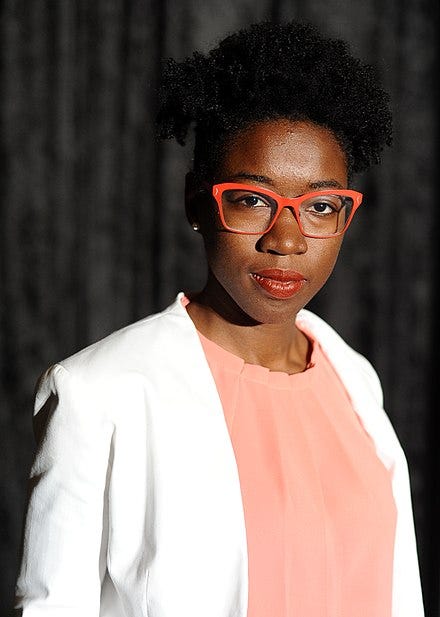
Dr. Joy Buolamwini. Follow her on Twitter @jovialjoy
Dr. Joy Buolamwini is helping make AI less racist and more inclusive. She calls herself a “poet of code” and her paper Gender Shades, which tested large visual recognition APIs for their bias on both gender and skin color, led to updates that reduce bias and AI harm. As the founder of the Algorithm Justice League, she has built an organization to raise awareness of AI impacts and be a voice for impacted communities.
Want to learn more about reducing coded bias? Check out our AI Inclusiveness activity and accompanying video.
4. Dorothy Vaughn, mathematician, NASA leader
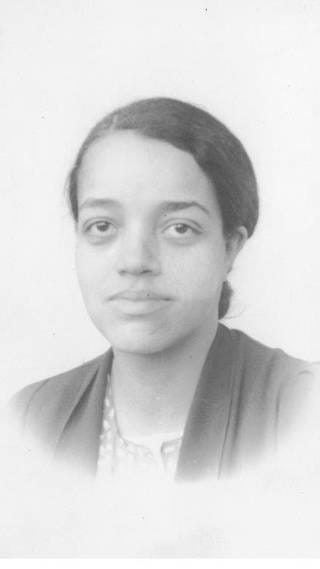
Dorothy Vaughn, NASA, Credits: Courtesy Vaughan Family
Dorothy Vaughan paved the way for Black women leaders in STEM. The computer scientist was a respected mathematician and NASA’s first Black manager. She was a strong advocate for women, and engineers often requested she personally handle more challenging assignments. Octavia Spencer portrayed her in the 2016 film “Hidden Figures.”
Learn more about her life at NASA and check out this guide to teaching computational thinking.
5. Dr. George Washington Carver, chemist and inventor
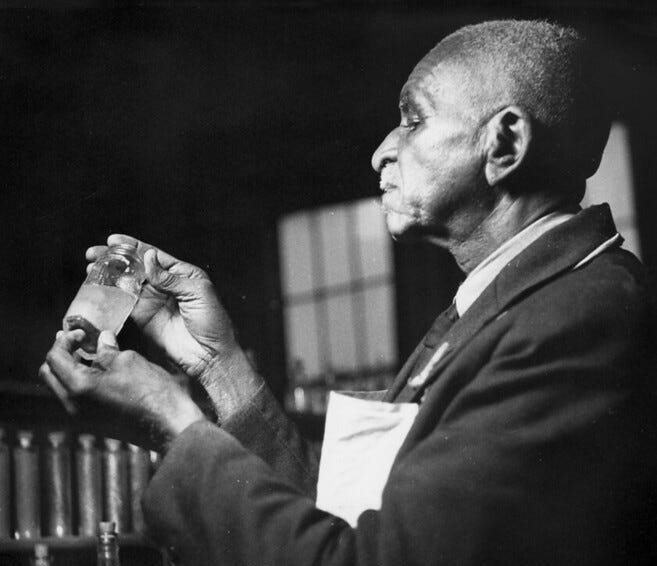
Dr. George Washington Carver, courtesy NARA
Dr. George Washington Carver was an agricultural chemist who helped improve the lives of countless African Americans after slavery by creating a series of free, simply-written brochures about crop techniques. He invented more than 400 products from peanuts and sweet potatoes including soap, face powder, mayo, adhesives and more. Learn more about his legacy from Tuskegee University here.
Learn a little about the design process with an agriculture twist in our Irrigation Situation lesson. Or experiment with making pigment from vegetables with our Cabbage Inks activity.
6. Dr. Siobhan Day Grady, Cybersecurity scientist
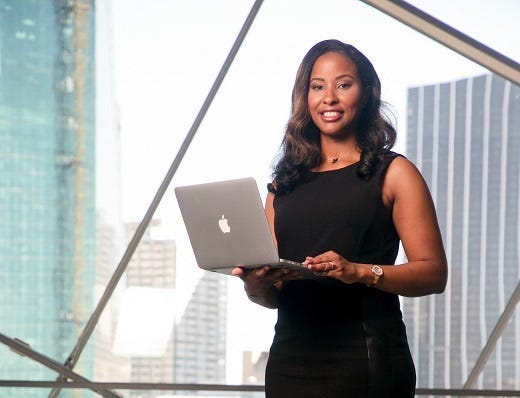
Dr. Grady is featured in the IF/THEN® Initiative highlighting women in STEM.
Dr. Siobhan Day Grady is working to make the world a safer place. She is a professor of Information Science at North Carolina Central University who works in cybersecurity to stop disinformation on social media. A life-size 3D printed statue of her was displayed in Washington, D.C in the #IfThenSheCan Exhibition featuring 122 women in STEM.
Want to know more about Dr. Grady? Her research in making self-driving cars safer is also featured in our activity Get in The Game.
7. Dr. Mae Jemison, Astronaut, physician, first Black woman in space

Dr. Jemison aboard the Endeavour, courtesy NASA
Dr. Jemison broke through the interstellar glass ceiling by becoming the first Black woman in space in 1992. The American physician, engineer, and astronaut is also NASA’s first Science Mission Specialist performing experiments in material science, life science, and human adaptation to weightlessness. She also founded her own medical technology company and is leading 100 Year Starship to assure human interstellar space travel to another star within the next century
Create an out of this world design with our Solve the Fall activity.
8. Dr. Ayanna Howard, Dean of Engineering, Ohio State, Zyrobotics founder
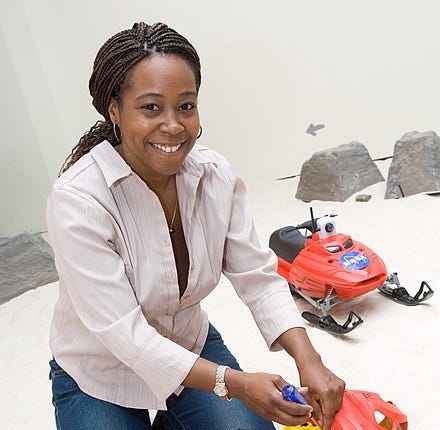
Dr. Ayanna Howard, NASA. Follow her on Twitter @robotsmarts
Dr. Howard is a renowned expert and researcher in the field of robotics and the interaction of humans and intelligent agents. She led the team at NASA that helped the Mars Rover navigate rough terrain. She also founded Zyrobotics, a company that develops educational technologies for children with differing abilities.
How can we all think about being more inclusive when we’re making things? Our Design for All activities can get you in the mindset.
9. Dr. W.E.B. Du Bois. Sociologist, data visualization innovator
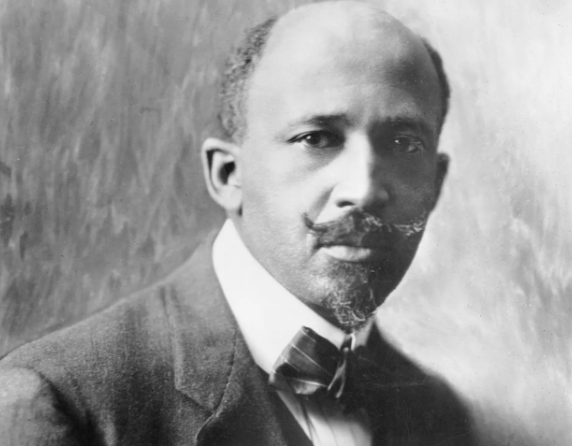
Dr. Du Bois, Library of Congress
Dr. Du Bois is predominantly known as a scholar, activist, and author, but he was also a data visualization innovator. He created an exhibition for the World’s Fair in Paris that included 63 different data visualizations about African American history. He even invented one now known as the Du Bois Spiral. He was also a founding member of the NAACP and first African American to receive a Ph.D. in 1895.
Want to learn more about the power of data? Take a look at our Analyzing Patterns in Voter Data and Redistricting Unplugged lessons. You can pair them with an examination of the Voting Rights act or current race and voting data.
10. Bessie Coleman, pilot
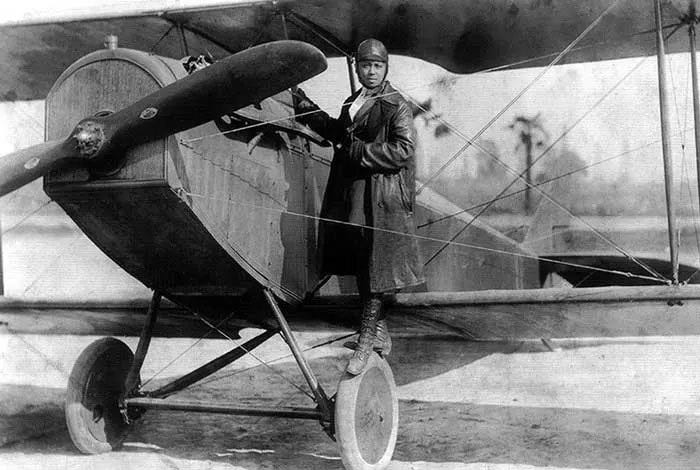
Coleman circa 1922. Courtesy: Cradle of Aviation Museum
Bessie Coleman was the first Black woman to hold a pilot’s license. She faced so much discrimination in the U.S. she went to France to learn how to fly. She became an aviation star when she returned home, performing countless air shows for crowds of thousands of people. At a time of segregation, she refused to perform where Black people were not allowed.
“Bessie Coleman continues to inspire untold thousands, even millions of young persons with her sense of adventure, her positive attitude and her determination to succeed,” said the USPS upon issuing a stamp in her honor.
Pair her story with our Tech Challenge mini-activity Take Flight.
 Skip Navigation
Skip Navigation
